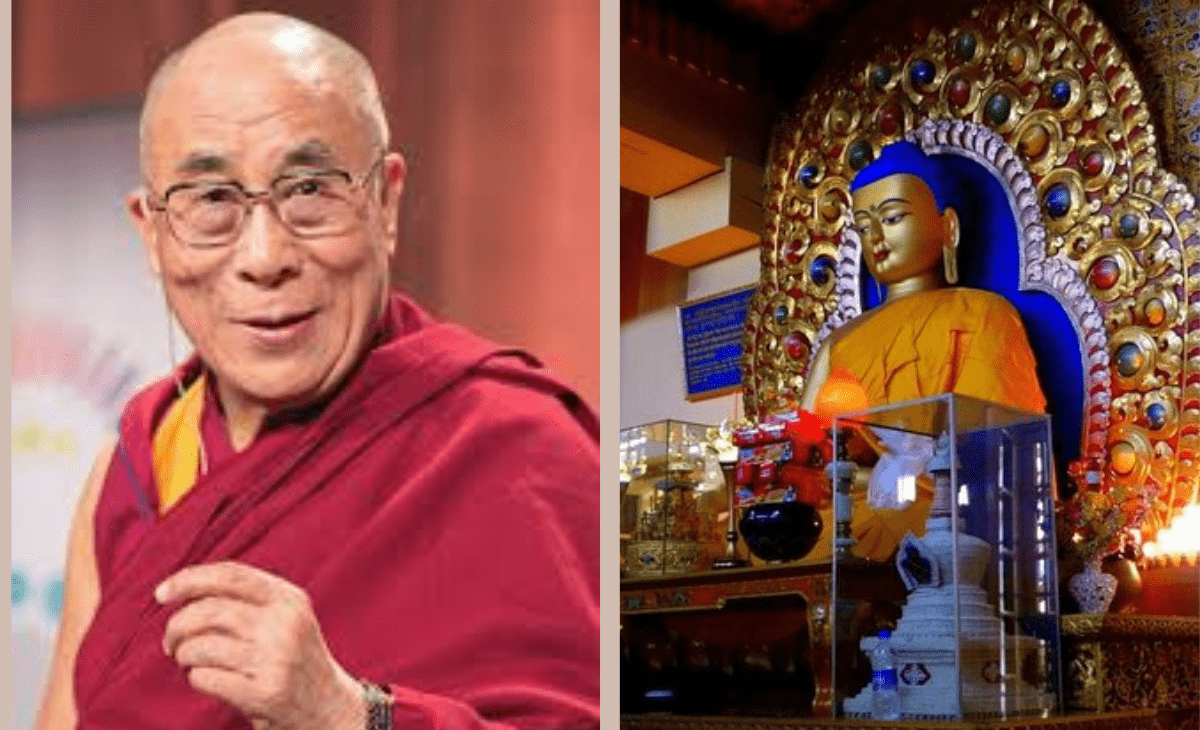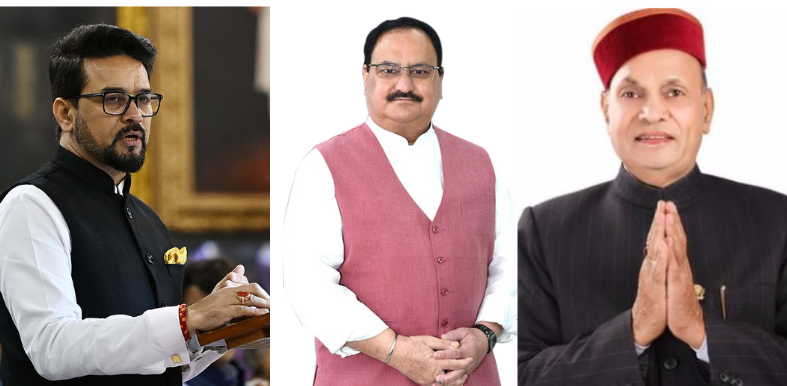Sunil Chadha
DHARAMSHALA: Ending years of speculation, the 14th Dalai Lama, Tenzin Gyatso, has finally announced the medium through which his successor will be selected, a move many believe has been prompted by the Tibetan spiritual leader’s advancing age and increasingly fragile health.
Set to turn 90 on July 6 (as per the Gregorian calendar), the Dalai Lama made the landmark announcement on Wednesday during the opening day of a global Buddhist conference at McLeodganj in Himachal Pradesh.
The revered leader, who recently returned from the US after undergoing knee treatment, declared that “the institution of the Dalai Lama will continue”, officially confirming that the reincarnation process for the 15th Dalai Lama would proceed under strict traditional guidelines.
While the Dalai Lama has long said he would make this decision around the age of 90, insiders suggest his deteriorating health, coupled with mounting pressure from Tibetan communities and Buddhist institutions worldwide, may have accelerated the announcement.
For over 14 years, since his 2011 declaration, the Dalai Lama had remained publicly silent on the succession issue. However, he confirmed that he had continued to receive messages and appeals from Tibetans both inside and outside Tibet, urging him to ensure the continuation of the institution that has symbolised Tibetan identity and resilience for centuries.
“In recent years, my health has required more attention, and with age, it becomes even more important to ensure clarity in spiritual and institutional continuity,” the Dalai Lama is believed to have told close aides.
Authorises Gaden Phodrang Trust for decision
In a statement issued by his office, the Dalai Lama reiterated that the authority to recognise his successor lied solely with the Gaden Phodrang Trust — his official trust — and not with the Chinese government, which has repeatedly sought to control the reincarnation process. “No one else has any such authority to interfere in this matter,” the statement emphasised.
Wednesday’s announcement not only confirms the continuation of the Dalai Lama lineage but also reaffirms the spiritual and cultural traditions that govern the reincarnation process.
The procedures, as outlined in his 2011 guidelines, involve close consultations with high lamas of all Tibetan Buddhist traditions, the Tibetan public and oath-bound Dharma Protectors connected to the Dalai Lama’s lineage. These deeply rooted spiritual norms will be upheld exclusively by the Gaden Phodrang Trust.
The announcement carries global significance, particularly as tensions grow over China’s continued insistence that it holds the right to appoint the next Dalai Lama, a position widely rejected by the Tibetan diaspora and international Buddhist communities.
China says its approval must for reincarnation
China, on the other hand, has reiterated that the reincarnation of the Dalai Lama must be approved by the central government in Beijing. Chinese Foreign Ministry spokesperson Mao Ning said that Tibetan Buddhism was a religion with Chinese characteristics and that the reincarnation process must follow traditional methods, including the drawing of lots from a golden urn.






